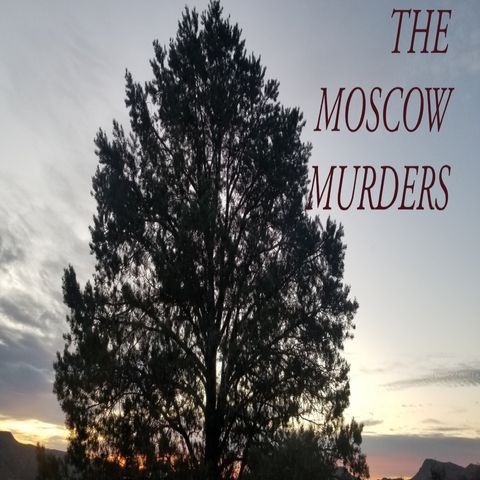Explicit
The Virginia Roberts And Prince Andrew Lawsuit: Judge Kaplan's Opinion (Part 2) (4/22/24)

Apr 22, 2024 ·
18m 4s
A judge's opinion, also referred to as a judicial opinion or court opinion, is a written explanation of the reasoning behind a court's decision in a legal case. When a...
show more
A judge's opinion, also referred to as a judicial opinion or court opinion, is a written explanation of the reasoning behind a court's decision in a legal case. When a case is heard and a judgment is rendered, the judge or panel of judges will typically provide an opinion detailing the legal principles, facts, and arguments that led to their decision. These opinions serve several important purposes:
We begin a dive into the opinion of the Judge (Judge Kaplan) who was in charge of the lawsuit filed by Virginia Roberts against Prince Andrew. The lawsuit saw Prince Andrew pay out millions to his accuser, even though he still denies all of the allegations against him.
So, what do the court documents say?
(commercial at 11:33)
to contact me:
bobbycapucci@protonmail.com
source:
21CV6702 JAN 11 2022 0900.pdf (uscourts.gov)
show less
- Legal Reasoning: A judge's opinion explains the legal reasoning behind a court's decision. It outlines the relevant laws, precedents (prior court decisions), and legal doctrines that were considered in reaching the judgment. This helps to clarify how the law was interpreted and applied to the specific facts of the case.
- Stare Decisis: Opinions contribute to the principle of stare decisis, which means "to stand by things decided." This principle holds that courts should adhere to precedent and decisions made in prior cases, especially decisions made by higher courts within the same jurisdiction. Opinions provide a record of legal interpretations and principles that can guide future decisions and maintain consistency in the legal system.
- Public Accountability and Transparency: Opinions are typically published and made available to the public. This promotes transparency in the legal system by allowing people to understand the reasoning behind court decisions and evaluate the fairness and impartiality of the judicial process.
- Legal Education: Opinions are valuable educational resources for law students, legal professionals, and the general public. They illustrate how legal principles are applied in practice, demonstrate different approaches to interpreting the law, and provide insights into the evolution of legal doctrine over time.
- Dissenting Opinions: In some cases, judges who disagree with the majority opinion may write a separate opinion known as a dissenting opinion. Dissents offer an alternative perspective on the case and can influence future legal developments by highlighting issues or arguments that the majority opinion may have overlooked.
We begin a dive into the opinion of the Judge (Judge Kaplan) who was in charge of the lawsuit filed by Virginia Roberts against Prince Andrew. The lawsuit saw Prince Andrew pay out millions to his accuser, even though he still denies all of the allegations against him.
So, what do the court documents say?
(commercial at 11:33)
to contact me:
bobbycapucci@protonmail.com
source:
21CV6702 JAN 11 2022 0900.pdf (uscourts.gov)
Information
| Author | Bobby Capucci |
| Website | - |
| Tags |
Copyright 2024 - Spreaker Inc. an iHeartMedia Company
